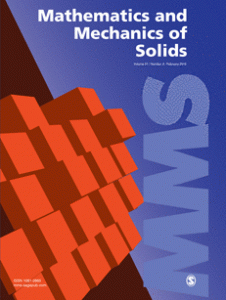 A journal in Korea has banned a researcher from submitting papers for three years after an investigation found evidence of plagiarism.
A journal in Korea has banned a researcher from submitting papers for three years after an investigation found evidence of plagiarism.
The retraction notice for “Goodness-of-fit tests for a proportional odds model,” which appears in the Journal of the Korean Data and Information Science Society, cites an investigation by an academic ethics committee, but it’s unclear where this review panel was based.
Since the original retraction notice is in Korean, we’ve got it translated by One Hour Translation. It reads: Continue reading Korean journal bans author for three years for plagiarism
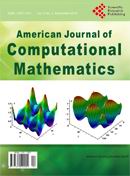 A researcher in Egypt is threatening to sue a mathematics journal if it doesn’t un-retract one of his papers.
A researcher in Egypt is threatening to sue a mathematics journal if it doesn’t un-retract one of his papers. With so many
With so many 
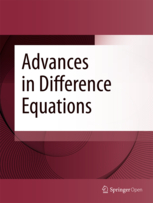
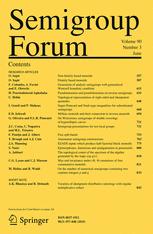


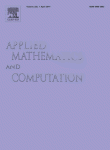 A paper on a hybrid algorithm turned out to be a hybrid itself — some original data, plus some from a paper that the authors had published earlier.
A paper on a hybrid algorithm turned out to be a hybrid itself — some original data, plus some from a paper that the authors had published earlier.